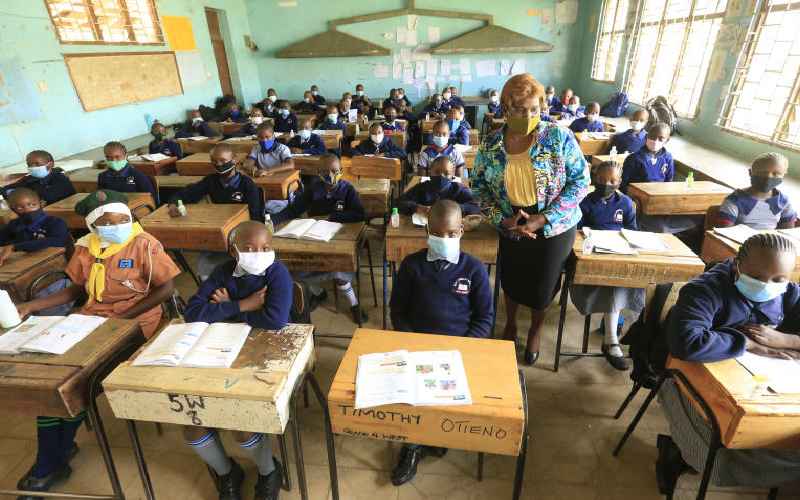×
The Standard e-Paper
Stay Informed, Even Offline

Grade Four Pupils at Bidii Primary School in Nairobi after learners resumed learning in January. [Stafford Ondego, Standard]
A fresh row is brewing between the Teachers Service Commission (TSC) and the Kenya National Union of Teachers (Knut) over impending mass transfers and delocalisation of school heads.